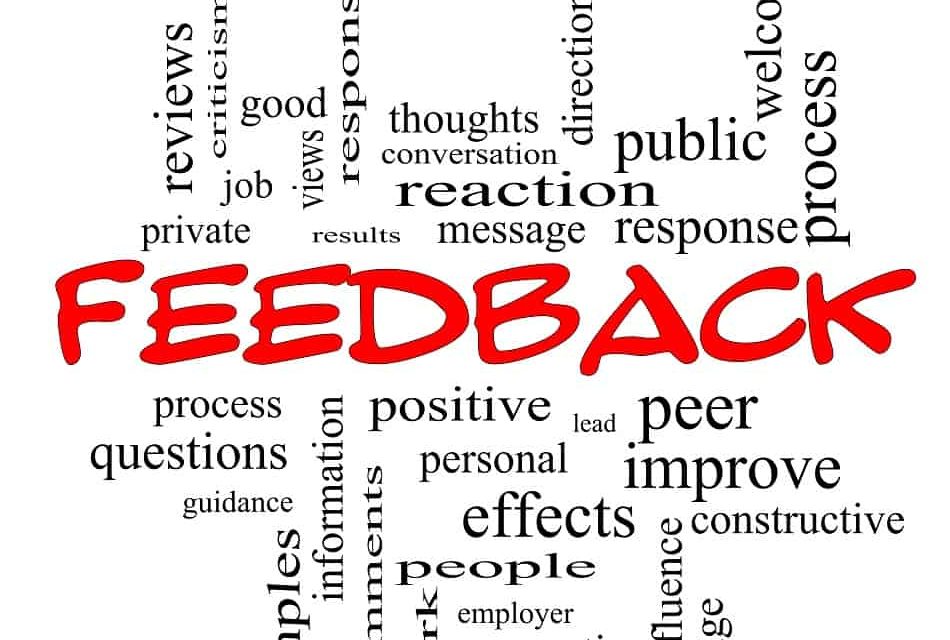Citations and the Importance of Feedback in Academic Publishing
Citations are of central importance for today’s publishing scientists. Having research articles highly cited can earn a scientist employment, promotion, funding, students and both respect and prestige. You might be wondering, however, what on earth feedback has to do with being cited. It is true that the connection may not be an immediately obvious one, but sharing your work with readers prior to publication and seriously considering the feedback they offer by accommodating corrections and adjustments can help you produce an eminently readable and citable article.
The most obvious choice for critical readers of an article are professional colleagues or mentors who know your subject area and have perhaps published their own work in that or related areas. They will be able to assess your methods, results and conclusions and help you perfect details and terminology. However, there is a great deal to be said for nonspecialist readers as well. Readers who are not authors themselves, who are not familiar with the specific topic of your paper and who may not even be acquainted with the subject area or the basic structure of scientific studies can be immensely helpful. Such general readers should be able, for instance, to follow the main points of your argument, understand your research questions and hypotheses, follow your description of methodology and your report of results, and grasp your discussion and conclusion. They should not only get the message you are communicating, but also be reasonably convinced by the findings and your discussion of them, and they should ideally think the title and abstract captivating and the article as a whole compelling enough to read in its entirety without consciously forcing themselves to do so. Finally, your work should be memorable to them, which can be tested by asking them to paraphrase the main points of the argument and/or list your most important discoveries.
If your article succeeds in these ways with both specialist and general readers, there is a high probability that it will earn citations once it is published, but there is another kind of specialist reader that you may want to consider as well. A professional proofreader who specialises in academic and scientific writing can respond much as these other readers do, informing you when descriptions are unclear, an argument wavers, data seems incorrect or confusing and structural organisation is less clear than it should be. However, a qualified proofreader can also help you improve such elements in practical ways, as well as checking and correcting your language to ensure that grammar, spelling, punctuation and the like are perfect and your formatting to ensure that it enhances instead of hindering the message you are communicating. Feedback of this kind will inevitably enable you to engage your ultimate audience more effectively and earn those all-important citations.
You might be interested in Services offered by Proof-Reading-Service.com
Journal Editing
Journal article editing services
PhD Thesis Editing
PhD thesis editing services
Expert Editing
Expert editing for all papers
Medical Editing
Medical Editing Services
Research Editing
Research paper editing services
Book Editing
Professional book editing services

















